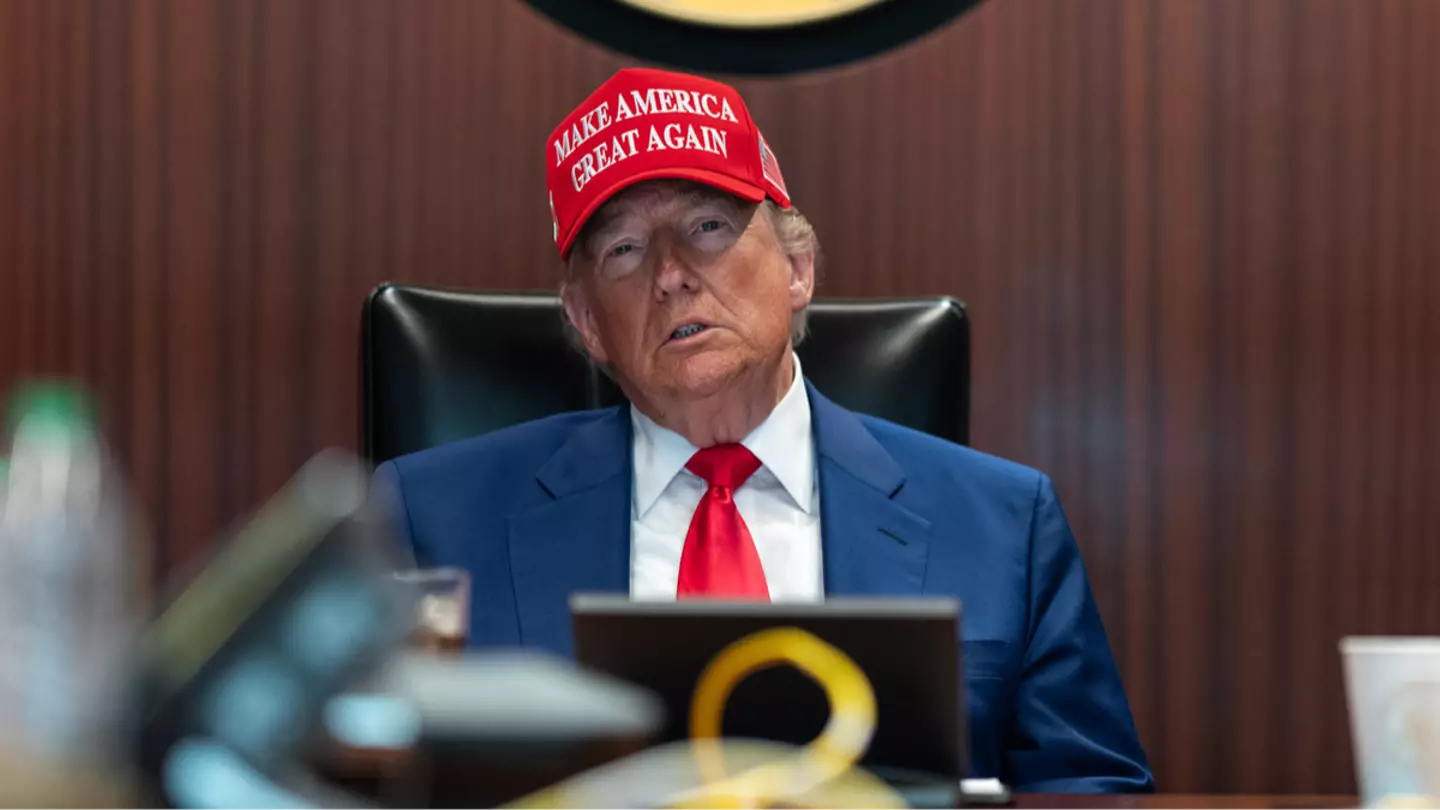
Topics: Donald Trump, Iran, World News, Politics, UK News, Japan, Australia

Topics: Donald Trump, Iran, World News, Politics, UK News, Japan, Australia
Some of the US' closest allies across the world have reacted to Trump's attack on Iran, proving to be a mixed bag of responses as the looming threat of retaliation hangs over the US.
Senior officials in Iran's military have warned it will be unleashing a 'decisive response' just one day after Trump 'completely obliterated' three of the nation's key nuclear sites: Fordo, Natanz and Isfahan.
And true to their word, earlier today (June 23) Iran launched strikes of their own on US air bases in Qatar and Iraq.
The world is continuing to hold its breath as fears grow over Iran's next move and the possibility of severe retaliation in the form of sleeper-cell terror in the States, which is when spies and/or terrorists that are already in the US are activated and given orders to attack.
Advert
Iran's Foreign Minister Seyed Abbas Araghchi posted on social media that the US 'committed a grave violation of the UN Charter, international law and the NPT by attacking Iran's peaceful nuclear installations', and that it would face 'everlasting consequences' for the strikes.
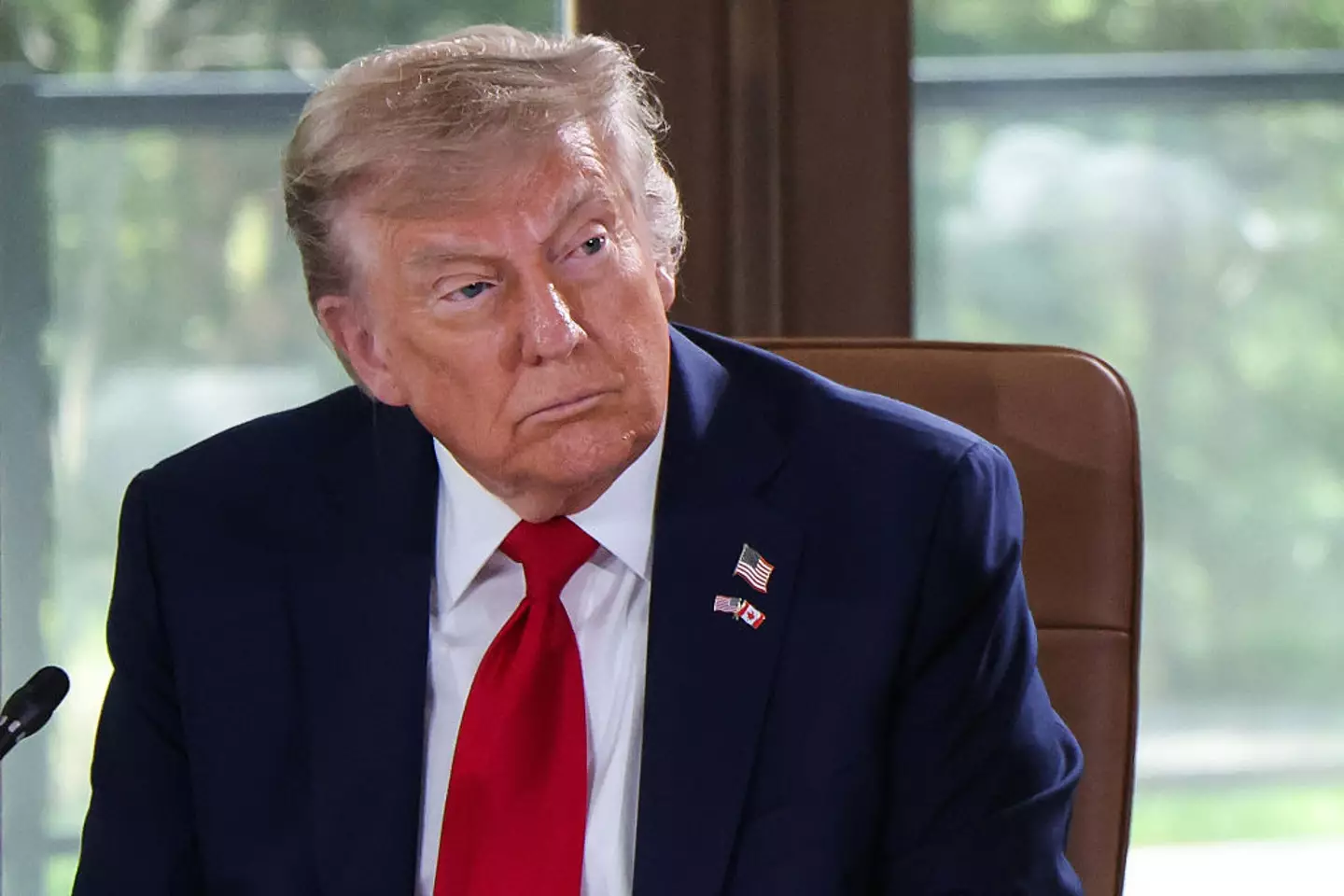
The conflict first erupted on June 13 after Israel launched an attack on Iranian military and nuclear sites, killing nuclear scientists and high-profile military officials. The strikes led to retaliatory fire from Iran, with the nations locked in a back-and-forth conflict ever since which have so far killed at least 950 people in Iran and 24 people in Israel.
Tensions in the Middle East are at an all-time high, with Iran's foreign minister said to now be in talks with Russia's Vladimir Putin on 'common challenges and threats'.
But how have the US' allies been reacting to the conflict?
Reactions have varied from support to caution as key allies across the world weigh in on Trump's strikes, while the scale of the aftermath continues to remain uncertain.
Here's everything we know.
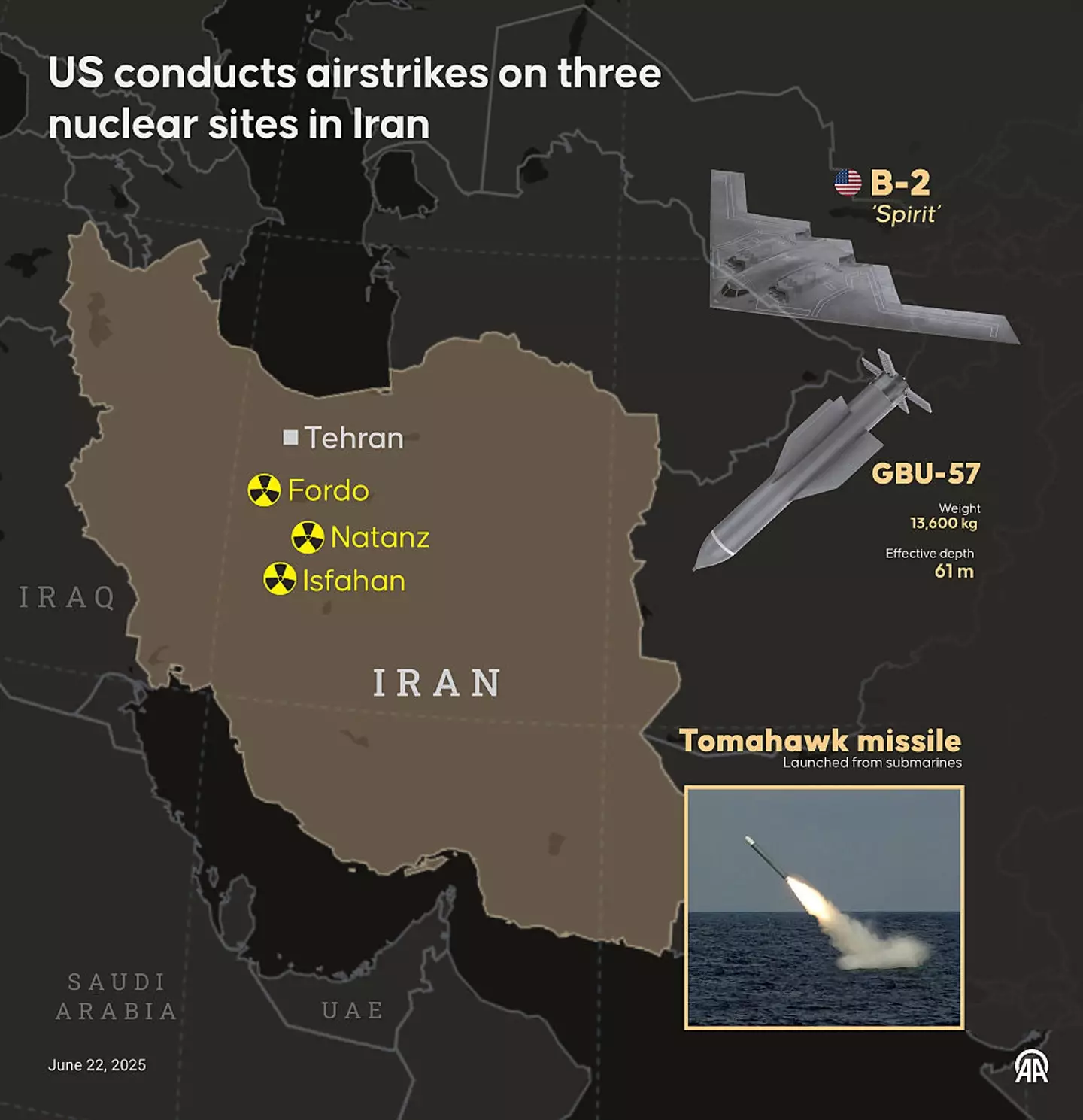
France's Foreign Minister Jean-Noël Barrot has made it clear the country is not getting involved with the conflict between the US and Iran, stressing it has 'concern' over the strikes and that it did not participate in them.
"France has repeatedly expressed its very firm opposition to Iran acquiring nuclear weapons," he said.
During a news conference today (June 23), Australia's Prime Minister Anthony Albanese said that while he doesn't want 'escalation and a full-scale war', Iran 'cannot be allowed to get a nuclear weapon'.
He went on to accuse the nation of 'failing to comply' with international obligations.
Albanese said: "The US action was directed at specific sites central to Iran’s nuclear program. We don’t want escalation and a full-scale war."
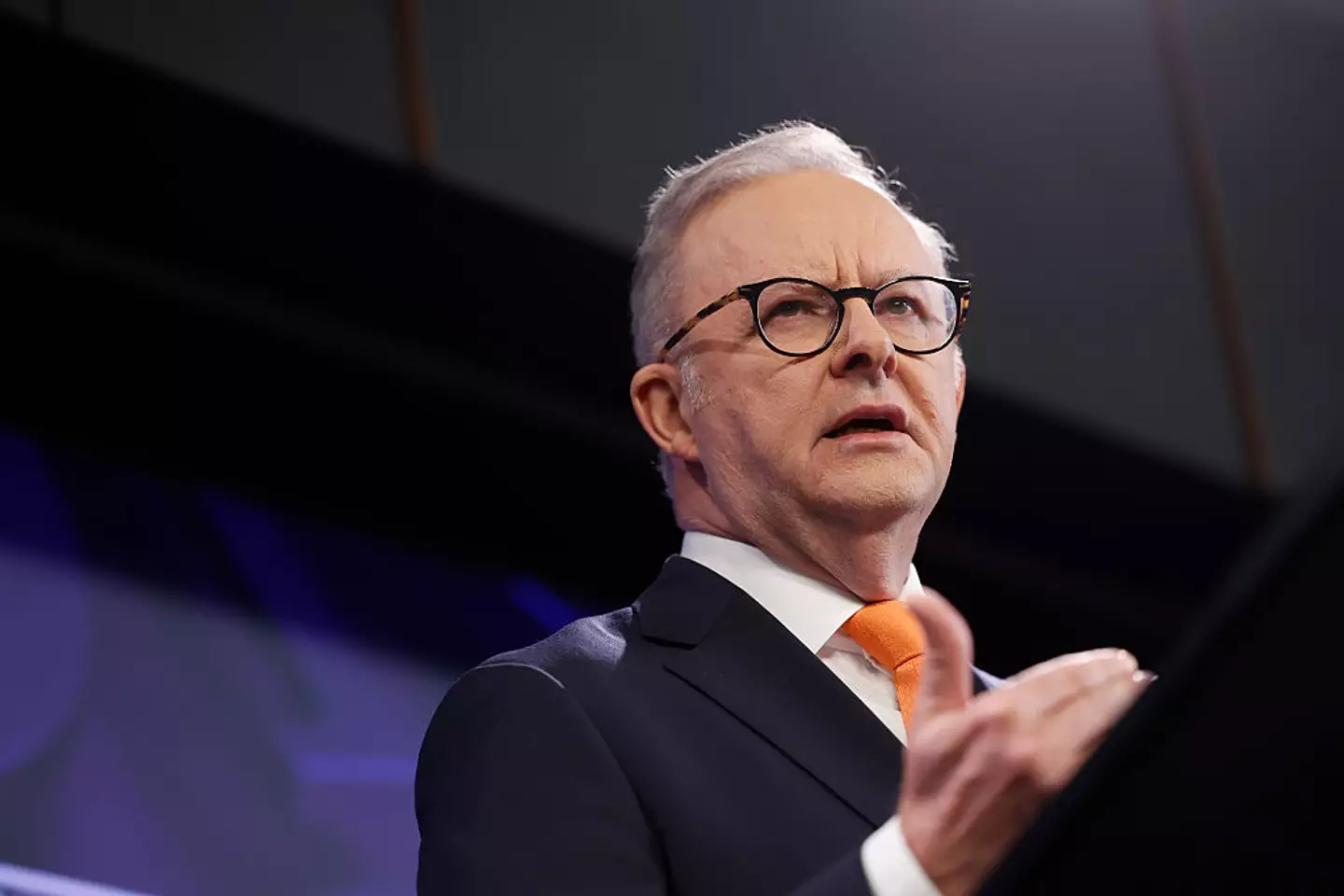
For Japan, de-escalation is a top priority, according to Prime Minister Shigeru Ishiba.
"At the same time, Iran’s nuclear weapons development must be stopped," he warned.
Prime Minister Keir Starmer has made it clear that the UK is leading with diplomacy and de-escalation as the main priority, and urged Iran to come to the negotiating table for talks.
Starmer branded Iran's suspected nuclear weapon development as 'a grave threat to international security'.
"Iran can never be allowed to develop a nuclear weapon and the US has taken action to alleviate that threat," he said.
Meanwhile, UK Foreign Secretary David Lammy emphasised that the UK was not involved in Trump's attack on Iran and urged it 'to show restraint and reach a diplomatic solution to end this crisis'.
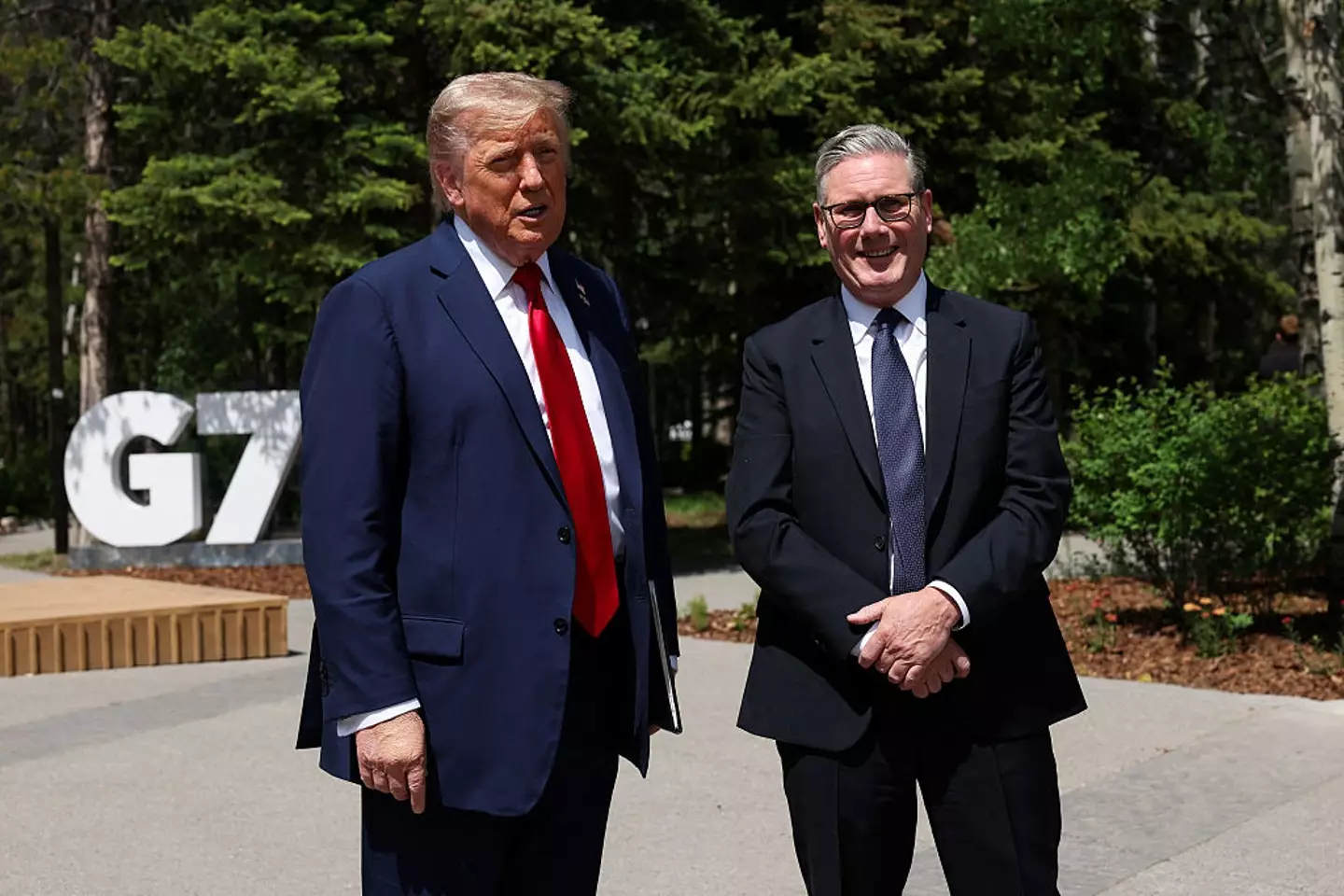
Qatar's Ministry of Foreign Affairs has warned of the grave consequences which could follow the US' attack on Iran, as it called on both the US and Iran to 'exercise wisdom and self-restraint'.
It has warned that 'dangerous tensions experienced by the region will lead to catastrophic escalations on both the regional and international fronts'.
The country has also condemned today's attack on the US' Al Udeid Air Base, saying in a statement: "We are assured that Qatari air defences thwarted the attack and successfully intercepted the Iranian missiles."
The Ministry of Defence added: "Thanks to God, the vigilance of the armed forces, and the precautionary measures taken, the incident did not result in any deaths or injuries."
The Ministry of Foreign Affairs of the Kingdom of Saudi Arabia said it has 'deep concerns' over the increasingly escalating conflict following the US' strikes.
In a statement, it urged the world to work towards a 'diplomatic solution that would guarantee an end to this crisis and lead to turning a new leaf toward achieving security and stability around the region'.
Kuwait's foreign ministry called on the United Nations Security Council 'to honor its responsibilities to maintain global peace and security'.
It has also urged for an 'immediate and complete' stop to any kind of escalation in the conflict as well as a complete ceasefire.